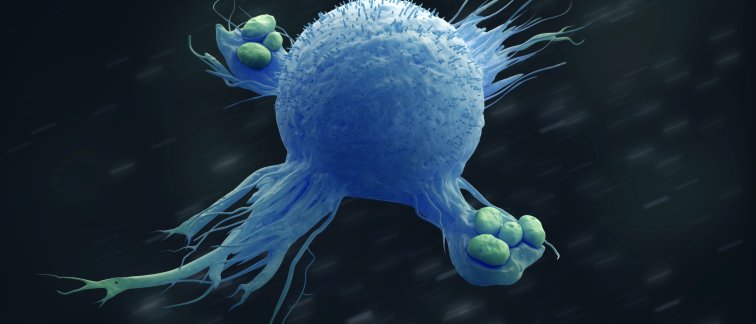His group discovered a new metabolite that is highly induced in inflammatory macrophages. They are now seeking a postdoctoral researcher to study this newfound metabolite.
The key theme of the Macrophage Immunometabolism group at the Department of Molecular Cell Biology and Immunology (MCBI) at VUmc is to understand the metabolism of macrophages. Immunometabolism is an exciting new research area that studies the interplay between immunological functions and metabolic pathways.
Over the past decade metabolic processes have emerged to regulate immune cell response in healthy individuals and it has become clear that aberrant metabolic remodelling causes incorrect immune responses and disease progression. As such, manipulating cellular metabolism is arising as a novel therapy for (chronic) inflammatory diseases and cancers. A fundamental question that is insufficiently explored is how metabolic changes are translated into altered immune cell function. Our ongoing research studies how specific metabolic enzymes and intermediates control macrophage phenotype, function and disease progression.
During these investigations, we recently discovered that inflammatory macrophages show increased levels of a particular metabolite that has never been linked with macrophage responses before. Based on our preliminary data and on the described role of this metabolite in cancer cell proliferation and T cell functions, we hypothesized that it is an important new regulator of macrophage activation. Having obtained a NWO ENW-KLEIN-1 project, the group is now seeking a postdoc to study how this metabolite accumulates in macrophages, what it functionally does, and how it mechanistically does so.
Understanding these fundamental questions will be of interest for a broad range of research areas and might open new avenues for future disease intervention.

